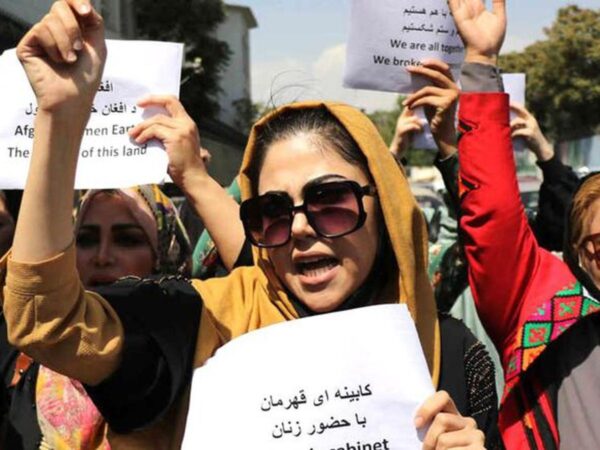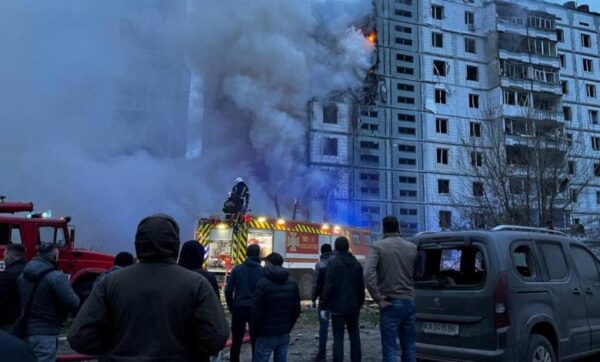
As an education advocate, Pashtana Durrani has worked through her charity LEARNAfg to provide education to children in rural areas, especially girls, since 2017.
But when the Taliban took over in August and the group excluded girls from returning to secondary school temporarily until a “safe learning environment” could be established, Durrani set up secret digital classes in science, technology, engineering and maths on tablets.
About 100 teenage girls in southern Afghanistan are enrolled in the online and in-person underground classes.
“We started a GoFundFe page and gathered some funds to buy tablets and pay the teachers. It’s all underground. Nothing is through banks or money transfers. It’s all in cash,” Durrani told TRTWorld.
Named after Queen Soraya of Afghanistan, the first Afghan woman to serve as the country’s minister of education, Durrani hopes to expand Project Soraya to other parts of the country.
“I lost hope when Afghanistan fell to the Taliban, I lost the will to live, but then when I think of my students and how motivated they are to seek education despite the challenges, it helps me keep going,” she said.
Education has been an ongoing struggle for Afghanistan over the past four decades where in regional areas of the country, schools lack basic necessities, from books to trained teachers.
There are also traditional and sociocultural factors that undermine girls’ education.
Girls account for 60 percent of the 3.7 million Afghan children out of school, according to United Nations International Children’s Emergency Fund (UNICEF).
The Taliban closure of schools made millions of girls anxious about their future as they suffered a severe setback in their education.
Now even if schools reopen, students will struggle to catch up with their studies, exams and university applications.
With the Taliban’s reputation, established during their harsh rule in the 90s when women were not allowed to go to school or work, many Afghans feared the return of severe restrictions, especially of women’s freedoms when the group took over in August.
Many women academics, journalists, judges and activists went into hiding, and many schools and academies, underground.
One of those academies is Fereshteh Forough’s Code to Inspire in Herat, where young women learn coding skills to be empowered financially and socially.
Established in 2015, it was an in-person computer science school with free tuition and laptops.
“We do this by employing local mentors to teach them how to code, help them find programming jobs, and guide them to build digital careers and launch technology ventures toward economic independence,” Forough told TRT









